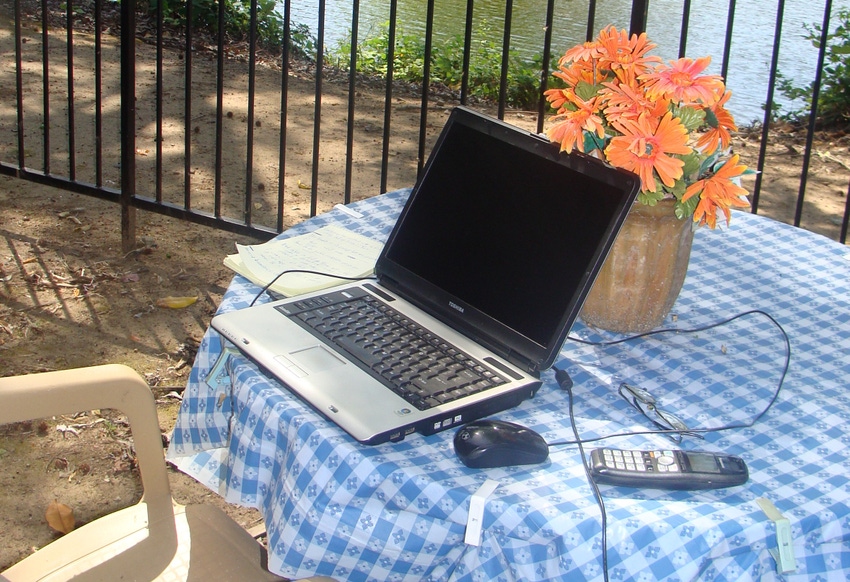
When Barbara Peterson retired a few years ago as a California state corrections officer at Folsom Prison, having been one of the first women to hold such a position, she moved to farm country.
She raises goats and horses in Sprague River, Ore., near Klamath Falls. But she's perhaps best known in her circle for cultivating opinions. Lots of them.
About 10 years ago, Peterson started FarmWars, a blog centering on controversial agriculture issues - namely, water, which has been a point of contention in the Klamath Basin for decades, and food production. Her Facebook page has about 2,100 followers.
She doesn't like glyphosate or genetically modified foods. I've met some of you who don't, either; I know others of you who defend both tools. I've covered your debates for more than 10 years.
But a national organization has labeled her a conspiracy theorist, and essentially advocated that she be taken off the internet.
The Poynter Institute, which was started by a newspaper owner in the 1970s and fancies itself a defender of journalism, on April 30 published a blacklist of 515 news and opinion websites it deemed “unreliable.”
The list included sites that were/are fakes, such as knock-offs of ABC News and USA Today. But it also included news/opinion sites with large followings, such as Breitbart News, the Daily Caller and LifeZette, which is operated by Fox News prime-time hostess Laura Ingraham.
It also included FarmWars, which Peterson says she started to share research she’d gathered after having negative reactions to some food she’d eaten.
“I’m not big; I’m this tiny little speck,” she says. “But I’m a drop of water falling on a rock, I guess.”
What’s worse is that Poynter’s list wasn’t aimed at conscientious consumers, but at advertisers. “Aside from journalists, researchers and news consumers,” the organization stated on its website, “we hope the UnNews index will be useful to advertisers that want to stop funding misinformation.” So their purpose was to financially harm the owners of these websites and, if possible, put them out of business.
However, the organization that purports to love sunshine doesn’t particularly like it when it comes to its own operations. After news of the blacklist got out, Poynter promptly took it down on May 3, citing “weaknesses in the methodology.” They say a new and improved list will soon take its place.
You may think the furor over online censorship doesn’t pertain to you because you’re not a provocateur like Alex Jones. But if the powers that be can try to silence a little-known blogger from the Klamath Basin, how will they try to control the debate over things like water policy, or wolves, or chlorpyrifos?
Agriculture is a complicated field, and there are opinions on all sides of issues. Those opinions deserve to be heard, not put on a blacklist.
About the Author(s)
You May Also Like






